
Politics
20:35, 13-Jan-2017
Tillerson remarks could signal tough US policy on South China Sea
Updated
10:34, 28-Jun-2018
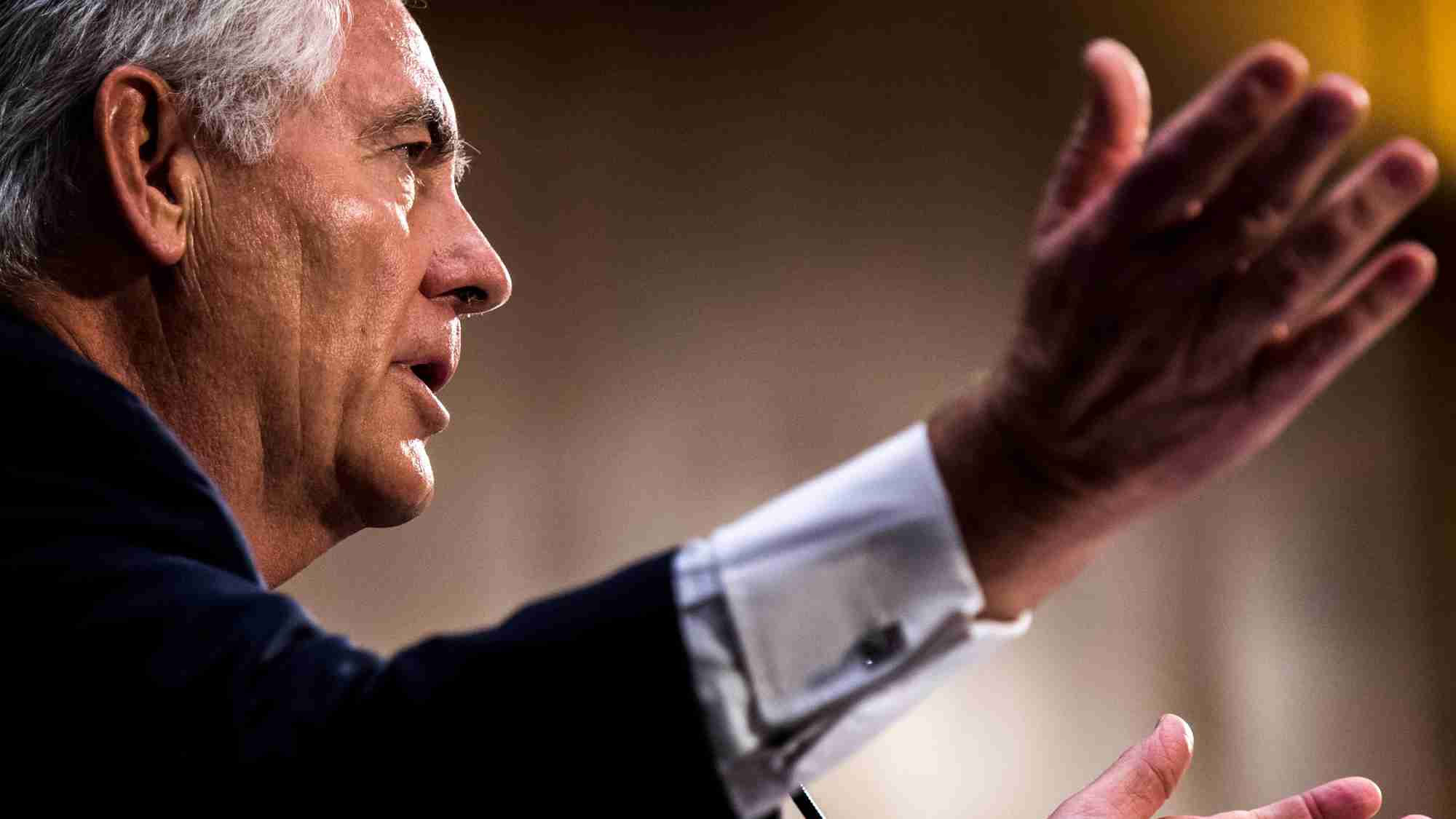
A week before US President-elect Donald Trump takes office, his nominee for secretary of state Rex Tillerson has set a hard course on China’s activities in the South China Sea, triggering concerns that the incoming administration will set policy that further challenges Beijing in the disputed waters.
China’s artificial island-building and deployment of defense facilities on those islets was “akin to Russia’s taking Crimea” from Ukraine, Tillerson said during his confirmation hearing before members of the Senate Foreign Relations Committee on Wednesday. “We’re going to have to send China a clear signal that, first, the island-building stops and, second, your access to those islands also is not going to be allowed,” he said.
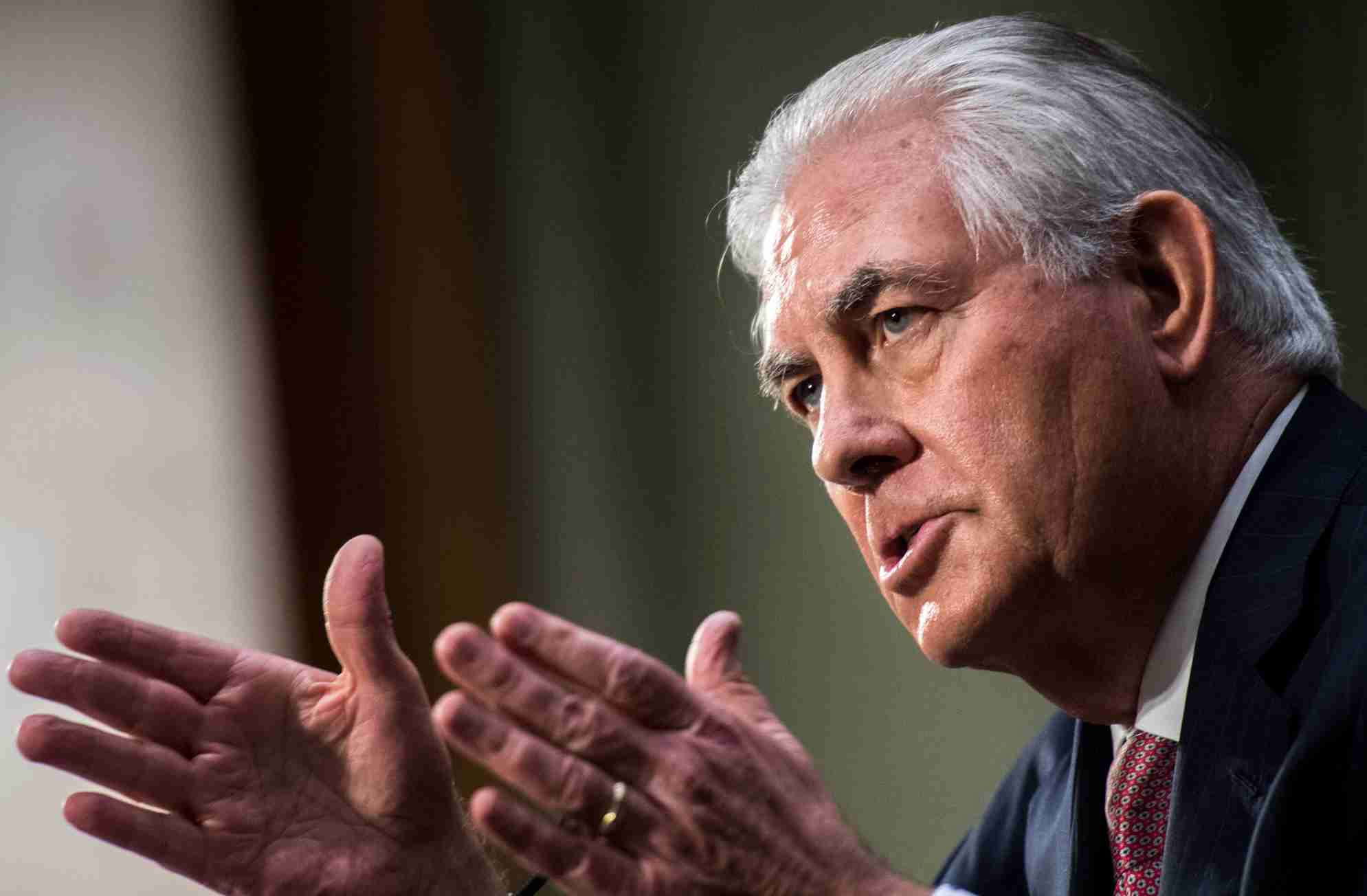
Rex Tillerson, secretary of state nominee. /CFP Photo
Rex Tillerson, secretary of state nominee. /CFP Photo
Whether these strong words, among the most radical statements ever on the issue from the US side, will be translated into actual policy under the Trump administration remains unclear, but the president-elect himself showed a similar attitude on Wednesday, criticizing China’s activities in the South China Sea at his first press conference.
And these were not his first hawkish remarks towards Beijing on the issue.
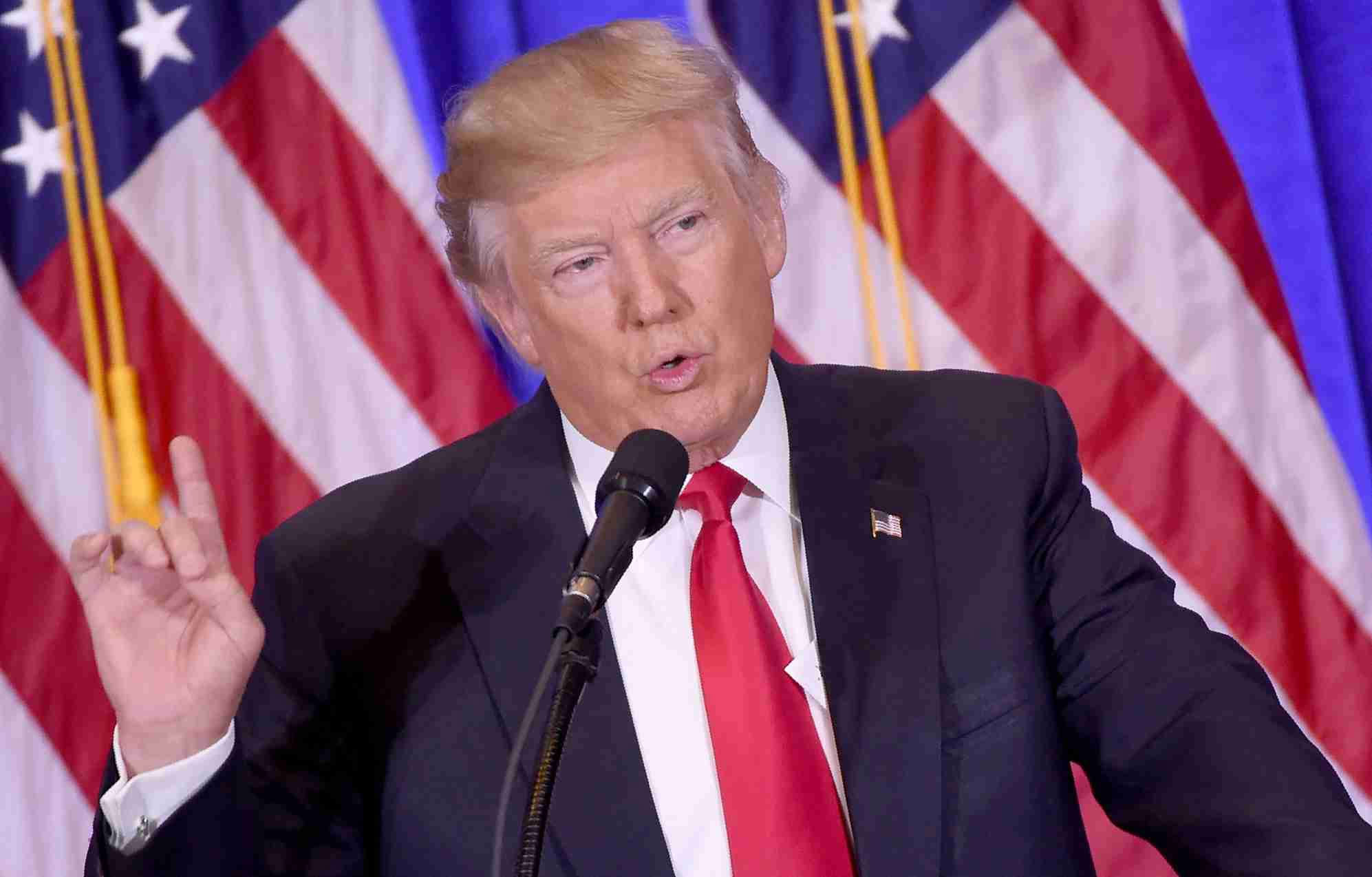
US President-elect Donald Trump. /CFP Photo
US President-elect Donald Trump. /CFP Photo
“Did China ask us if it was OK to… build a massive military complex in the middle of the South China Sea?” Trump already tweeted in December. “I don’t think so!”
China’s foreign ministry hit back at the incoming US president on Thursday, noting: “like the US, the Chinese side has the full right to conduct any kind of normal activities on its own territory within its sovereignty.”
The ministry pointed out that diplomatic tensions had cooled down lately thanks to joint efforts by countries in the region, which have chosen to peacefully resolve their disputes through consultation and negotiation rather than through more forceful means.
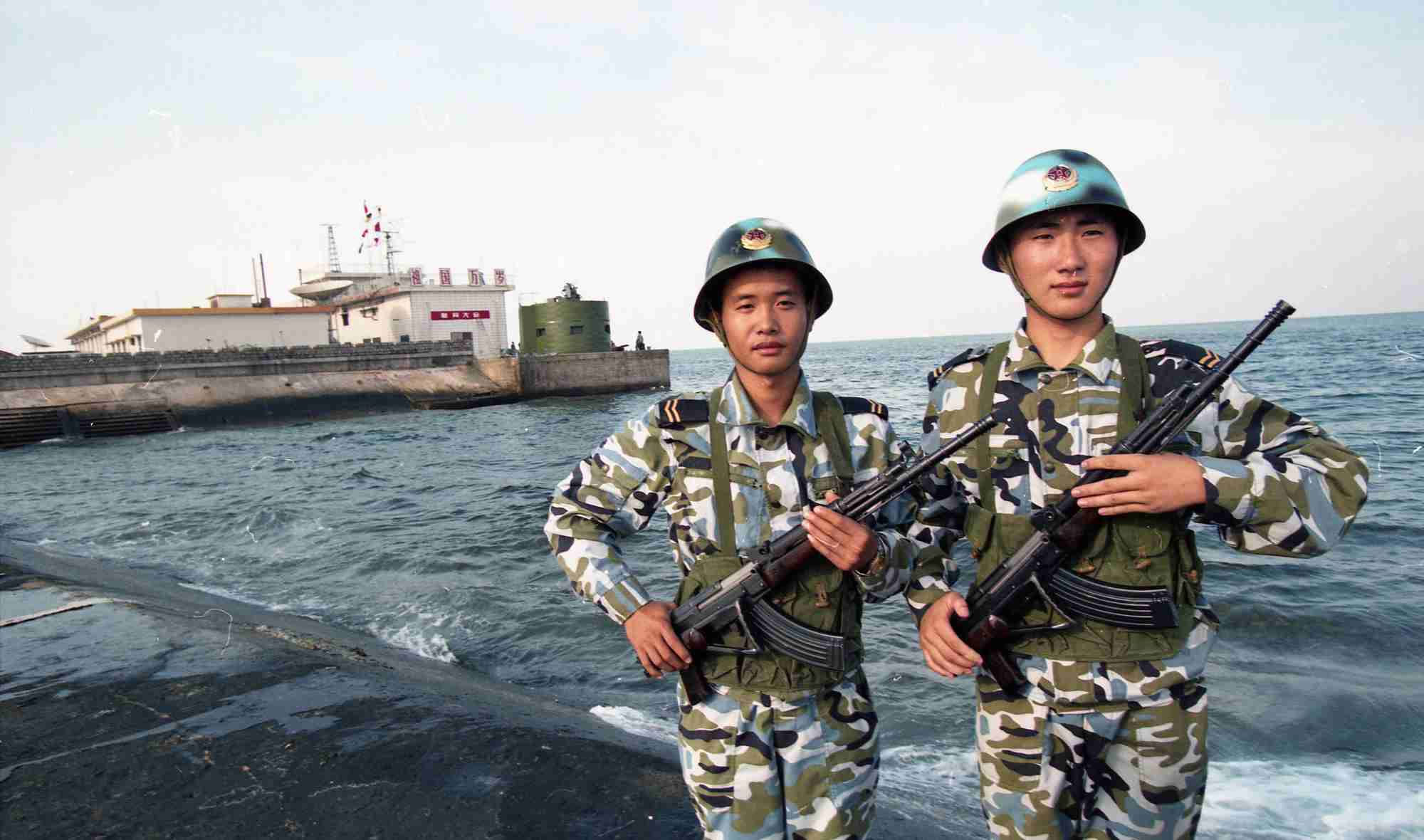
Chinese soldiers based on Nansha Islands. /CFP Photo
Chinese soldiers based on Nansha Islands. /CFP Photo
Philippine Foreign Secretary Perfecto Yasay said this week his country hopes a long-delayed framework for a code of conduct in the South China Sea will be completed by the middle of this year, to help maintain peace and stability in the waterway.
The South China Sea is home to a number of important shipping lanes and is considered a strategic channel for trade linking the Indian Ocean to the Pacific, through which five trillion US dollars in ship-borne trade passes every year. Over the years, China has worked with neighboring countries, including ASEAN member states, to ensure unimpeded access to and safety of shipping lanes there.
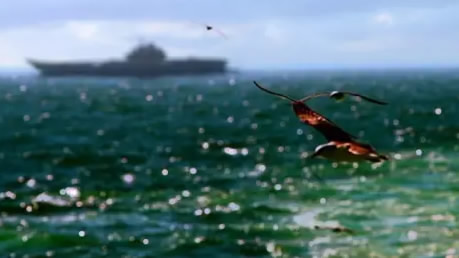
Tillerson is now waiting for the Senate to rule on whether he can take up his position as US secretary of state. But beyond him, Trump’s cabinet picks - which include a number of businessmen, along with a cohort of hawkish admirals and generals for top defense and security posts - have raised concerns about whether the new administration might favor military solutions to international issues over more rational diplomatic approaches in the future.
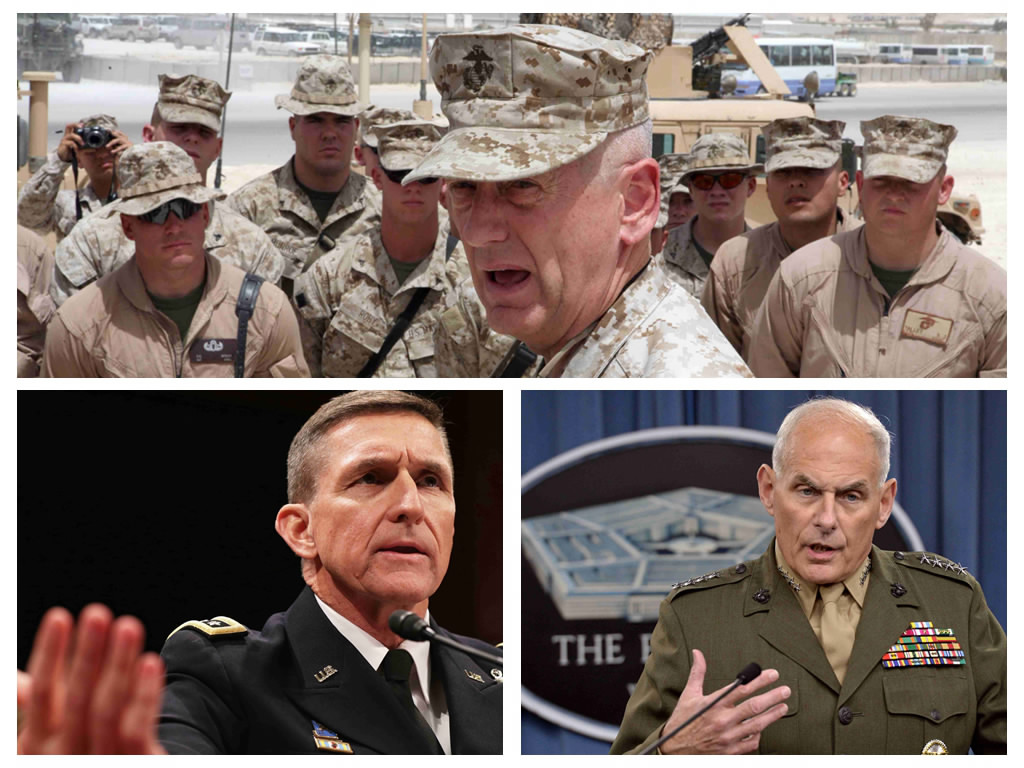
James Mattis (top), a retired Marine Corps general, has been selected for the defense secretary position. Michael Flynn (bottom left) has been tapped by Trump to be his national security adviser. Retired Gen. John Kelly (bottom right) is to head the Department of Homeland Security. /CFP Photo
James Mattis (top), a retired Marine Corps general, has been selected for the defense secretary position. Michael Flynn (bottom left) has been tapped by Trump to be his national security adviser. Retired Gen. John Kelly (bottom right) is to head the Department of Homeland Security. /CFP Photo
Tillerson, an ex-Exxon Mobil chairman and chief executive, seemed well aware that the economic interests of China and the US were deeply intertwined.
“We need to see the positive dimensions in our relationship with China,” he said Wednesday, alongside his comments on the South China Sea. “We should not let disagreements over other issues exclude areas for productive partnership,” he added.
This was welcomed in Beijing. “I did agree with Mr. Tillerson on one point where he recognized disagreements but also the intertwined interests and consensus between China and the US,” Chinese foreign ministry spokesman Lu Kang said.
But “it is not clear which point (Tillerson will prioritize), among the many he made,” China’s Global Times noted in an editorial on Friday.
2939km

SITEMAP
Copyright © 2018 CGTN. Beijing ICP prepared NO.16065310-3
Copyright © 2018 CGTN. Beijing ICP prepared NO.16065310-3